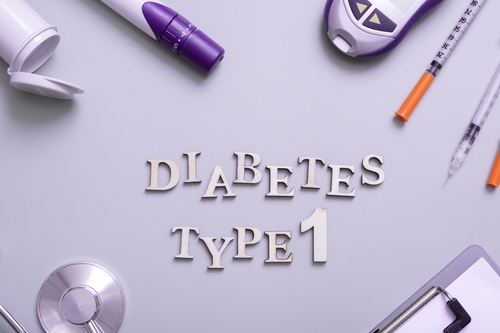
A recent study found that United States military veterans serving after September 11, 2001 have higher all-cause mortality compared with the total U.S. population, and this association is greater among those veterans with traumatic brain injury (TBI). The results appeared in JAMA Network Open.
On August 30, 2021, the last US military forces left Afghanistan, punctuating an almost 20 years war spawned by the attacks on the twin towers on 9/11, 2001, and the subsequent Global War on Terrorism. As of September 2021, well over 53,000 U.S. troops have been wounded in combat, and 5,461 have lost their lives. Overall, the numbers show that there are an estimated 1.8 million military veterans with service-related disabilities – more than double the number of the first Gulf War and triple the number of previous wars, such as Vietnam.
Although research indicated that military vets from previous wars actually experienced lower all-cause mortality than the general U.S. population, this “soldier effect” may be disappearing among 9/11 vets, according to the study researchers. They added that this higher mortality rate might be attributable to the number and lengths of deployments, which often lead to an augmented prevalence of posttraumatic stress disorder (PTSD) and depression. However, the investigators noted the total all-cause and cause-specific mortality burden among post-9/11 military vets “remains unclear.”
To conduct this analysis, researchers assessed administrative and mortality data from a cohort of 2,516,189 post-9/11 military veterans who served after the 9/11 terrorist attacks from January 2002, through December 2018. Inclusion criteria was defined as veterans who served active duty after 9/11 with three or more years of care in the Military Health System or had three or more years of care in the Military Health System and two or more years of care in the Veterans Health Administration. Researchers used data from the Veterans Affairs/Department of Defense Identity Repository database, matching health records data from the Military Health Service Management Analysis and Reporting tool, the Veterans Health Administration Veterans Informatics and Computing Infrastructure, and the National Death Index, and compared the data to the U.S. Centers for Disease Control and Prevention WONDER database to discern a connection to the general population. The study exposure was TBI, and the endpoints of interest were all-cause and cause-specific mortality rates.
TBI Shows Dangerous Association to All-Cause Mortality
According to the results, adjusted, age-specific mortality rates were higher for post-9/11 military veterans than for the total US population, and mortality was more pronounced in those with and TBI severity. The researchers observed that veterans with moderate to severe TBI accounted for almost 34% of total excess deaths, translating to an 11-fold higher risk of mortality than would otherwise be expected.
“Despite historically low combat fatality rates observed in Iraq and Afghanistan, our study suggests that post-9/11 military veterans face a higher mortality burden across multiple causes of death than the total US population. We also found that exposure to moderate to severe TBI was associated with even higher mortality rates and excess mortality from accident, suicide, cancer, CVD, homicide, and other causes,” the researchers concluded.
They added that: “After 20 years of war, it is vital to focus attention on what puts veterans at risk for accelerated aging and increased mortality, as well as how it can be mitigated.”







 © 2025 Mashup Media, LLC, a Formedics Property. All Rights Reserved.
© 2025 Mashup Media, LLC, a Formedics Property. All Rights Reserved.